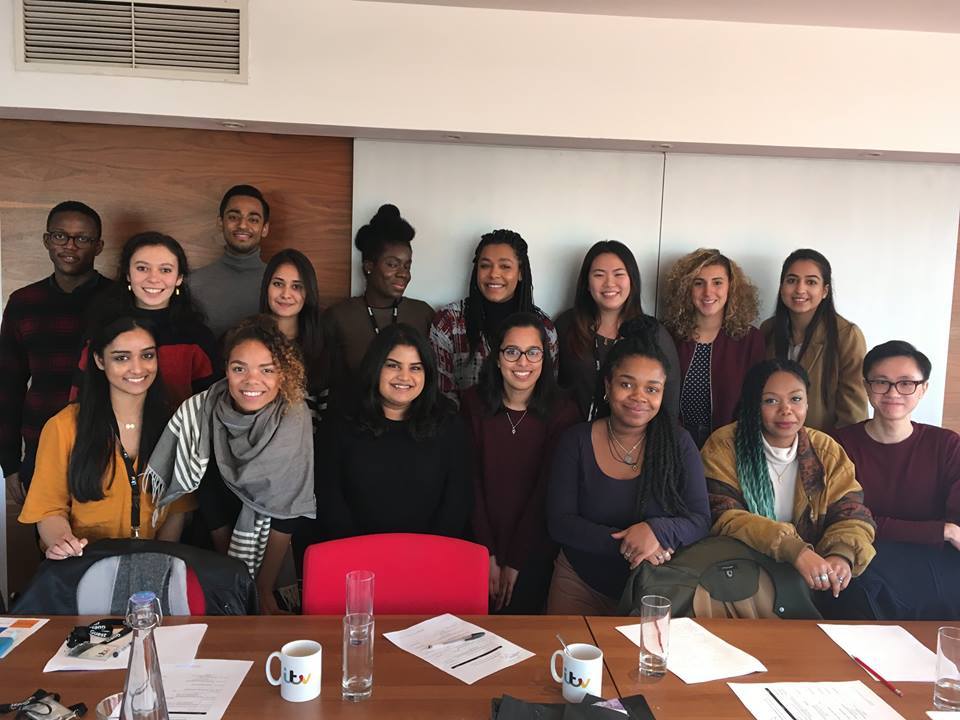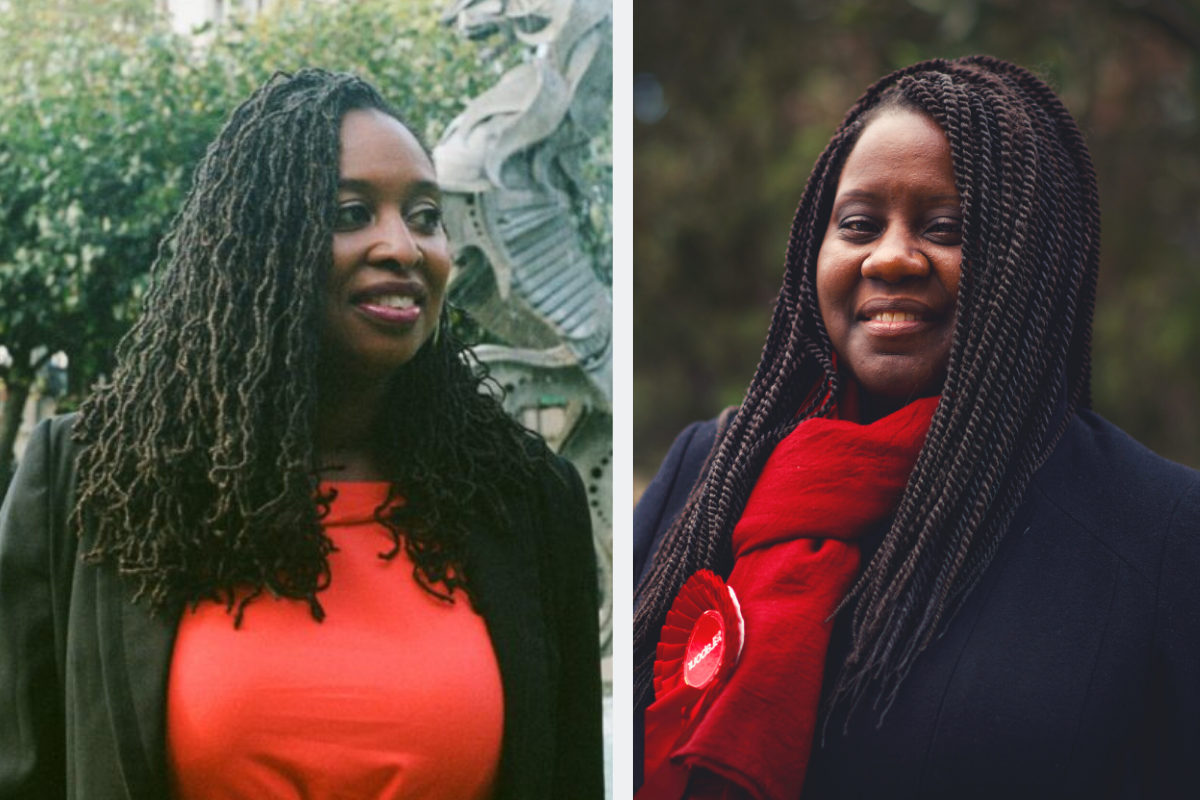
ITN has become the first major media company to voluntarily release its BAME pay gap figures – and if you’re a journalist of colour, it doesn’t make for pleasant reading. The company that incorporates ITV News, Channel 4 News, Channel 5 News and ITN Productions, pays its non-white staff 20.8% less than their white colleagues. The average bonus pay gap is 66%. Excuse me while I flip my desk and smash my computer to smithereens.
Five months ago, ITN released its gender pay gap figures which found women are paid a mean average of 19.6% less than male staff. The BAME figures are worse, minority staff face a tougher deal than white women staff (with minority women getting the short end of both sticks). So where is the outrage? Where is the outcry on social media? The rallying cries from high-profile employees? The response to the gender figures was overwhelming and insistent, but for the BAME figures… so far, there’s crickets.
“The BAME figures are worse than the gender pay gap figures. Minority staff face a tougher deal than white women staff, with minority women getting the short end of both sticks”
The relative silence and lack of allyship on this issue is hugely disappointing, but not unsurprising. In an industry that is 94% white, it’s not exactly a shock that the plight of BAME employees falls on deaf ears. As in so many areas of life, it seems people can only drum-up righteous indignation when it directly affects them – or people who look like them.
ITN blame their pay gap on a lack of non-white people in the highest-ranking roles. There are no BAME members on its seven-strong board or top executive team of nine. And this intrinsic lack of representation at the top has an insidious trickle-down effect that directly impacts minority employees at all levels. Unconscious bias is forever at play. It’s been well-recorded that managers hire people who remind them of themselves – so when the upper echelons are white, middle-class men, it makes it damn-near impossible for people of other ethnicities and backgrounds to climb the ladder. Until we redress the balance and start seeing diversity at every level – it’s hard to envision how any impactful change will come about. It was only two years ago that Channel 4 made the decision to block black woman Althea Efunshile from joining its all-white board.
BREAKING: @itn has 19.6% gender pay gap & staggering 77% bonus gap. Shows just how pervasive inequality is. I’m very fortunate to be fairly paid but I will continue speaking out for the many colleagues who aren’t. #itnwomen
— Cathy Newman (@cathynewman) March 14, 2018
Their target is to reduce the BAME pay gap by 50 per cent, by 2022 – and to do this they will interview at least one BAME candidate for every job vacancy. The aim is to have BAME employees make up 20 per cent of their top 20 earners. It’s a start. Even to acknowledge these shocking discrepancies voluntarily is undeniably a step forward.
CEO John Hardie, said: “We must recognise that certain groups have faced systemic disadvantages in the past, and in order to address this imbalance, we need to put procedures in place to remove barriers to entry or progression.” This is a powerful statement, and it’s heartening to hear this recognition from the very top. However, it’s crucial that this goes beyond mere lip service and that these procedures are implemented in an effective way.
“To start the process of improvement it’s crucial that BAME employees are involved in the discussions and consulted on procedural changes”
There is a pool of talented BAME workers – inside and outside of ITN towers – who will continue to be overlooked and undermined until bosses unlearn decades of systemic discrimination and unconscious biases. To start the process of improvement, it’s crucial that BAME employees are involved in the discussions and consulted on procedural changes. Navigating a starkly un-diverse workplace is our lived experience, and as such it’s us – those at the bottom – who are best-placed to share this experience with those at the top and exact meaningful change.
BAME pay gap figures need to be interrogated and questioned with the same verve and ferocity as the gender pay gap figures. Recognition of the problem is positive, but it is the very first step on a long road towards equality. Without the bolstering presence of high-profile support and numerous, powerful allies, it falls to BAME employees to push this agenda, write open letters, knock on doors, jump on the tables, until we start to be heard. This can be an isolating and demoralising experience when there are so few of us. So, I ask those of you who were angrily Tweeting about the gender pay gap a few months ago to find the same energy to back this cause. Equality is equality.









